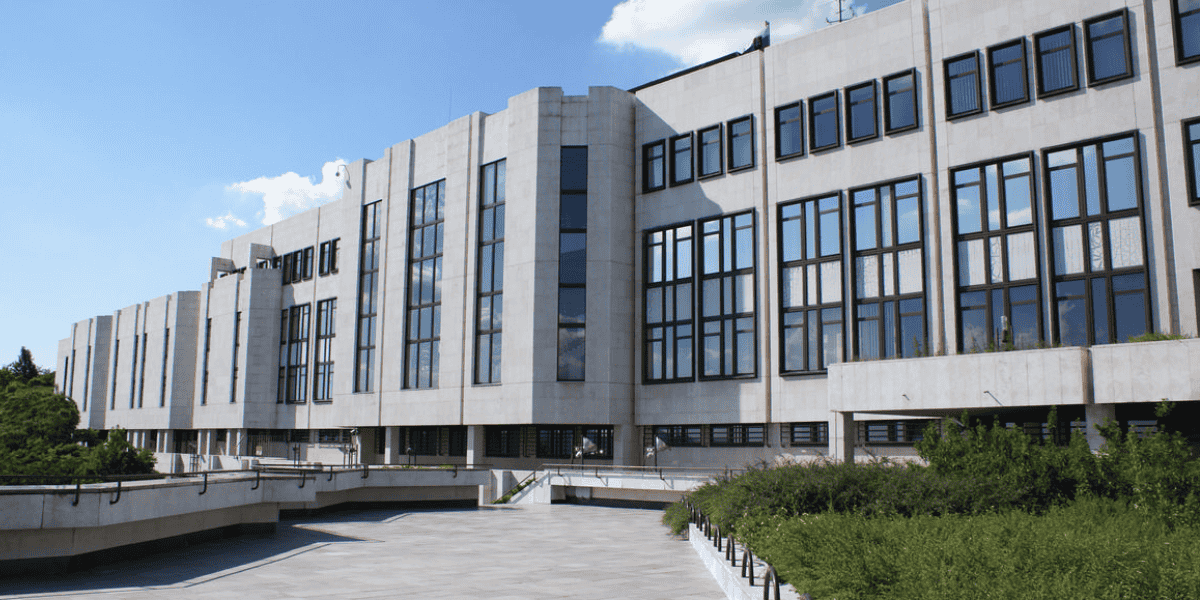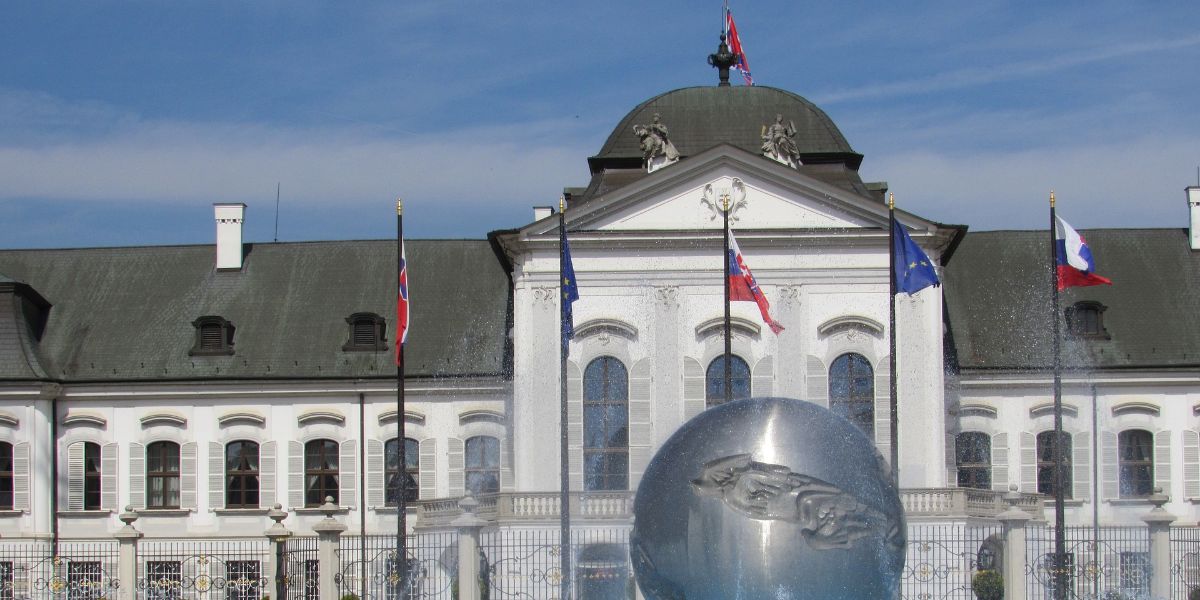On 20 May 2022 the IMF issued a report following discussions with Slovakia under Article IV of the IMF’s articles of agreement.
During 2021 the recovery of the Slovak economy was dampened by resurgence of the pandemic and supply chain disruptions. At the end of 2021 the GDP and employment were around 1.5% percent below pre-crisis levels. Further risks to the economy have arisen from the Ukraine war with rising commodity prices, high inflation and weaker global demand. There are risks to energy security risks as Slovakia relies heavily on oil and natural gas imports from Russia, and Slovakia is also taking some of the burden of the humanitarian cost of the war as it is currently giving refuge to more than 400,000 Ukrainian refugees.
Provided that the war does not escalate further and there are no significant disruptions to natural gas imports, economic growth is projected to slow to around 2% in 2022, with recovery to around 3.5% in 2023. Economic risks are to the downside, with the possibility that Russia could shut down gas exports to Slovakia or more widely within Europe; the risk of further supply chain disruptions; persistently high inflation; or further developments in the pandemic.
When the economy is on the path to recovery there will be a need for fiscal buffers to fund rising aging-related government spending. Measures must be taken to ensure medium-term consolidation, and the IMF report considers that there is scope for higher real estate and environmental taxation. The report notes that steps have been taken to raise the efficiency of the tax system and the decrease in the VAT gap is evidence of this. The report stresses that these efficiency gains should be maintained.
Reforms to the pension system should ensure there is a link between retirement age and life expectancy, as this will support fiscal sustainability. The IMF recommends that the link between retirement age and life expectancy should be included in constitutional acts so it will be more difficult to reverse.
To support and speed up the green transition, Slovakia should consider the possibility of introducing carbon taxation when energy prices begin to subside. Analysis performed by the IMF staff indicates that a carbon tax could significantly decrease energy consumption and carbon emissions. Any negative effects on economic growth or problems for low-income groups could be mitigated by using the tax revenue to fund lower labour taxation or by targeted transfers to low-income households.
Structural reforms and investments to promote a green and digital economy should be supported by reforms of the education system to reduce skills mismatches, with an emphasis on digital skills and vocational training. Labour market policy should aim to increase the labour supply and facilitate the allocation of workers across different sectors. Greater participation in the labour force can be encouraged by increasing childcare facilities, integrating refugees in local labour markets and attracting foreign skilled workers.













